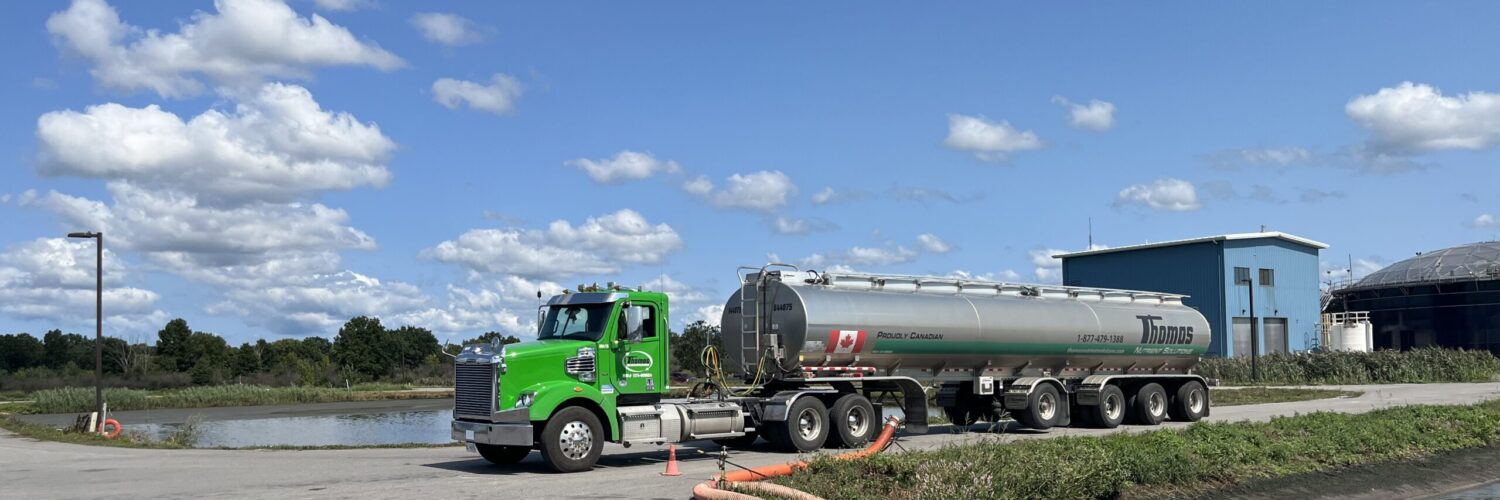Recycled wastewater has never ceased to produce sustainable products that have benefited many industries, from agriculture to energy production. A Toronto-based company is hoping to tap into the thermal properties of raw sewage and use it to heat and cool the Windsor International Aquatic Centre.
“Sewage, or wastewater, is in abundance,” said Sergio Grando, Windsor’s manager of energy initiatives. Their project could reduce the energy costs for heating the pool, saving them $270,000 annually. It could also save them the cost of heating and cooling the air in the swimming facility by at least $150,000. They could likewise sell excess heat to District Energy, which provides heating and cooling for the city.
The heat from recycled wastewater usually comes from typical human water consumption as well as from discarded water from washing machines and dishwashers. Raw sewage holds a constant temperature of around 18C to 20C, all-year-round. “When you and I shower in the morning, that water goes into the system and right now that heat is wasted,” said Grando.
Noventa Energy Partners, based in Toronto, is proposing a method that is “able to extract that energy from this recycled wastewater and put it to good use,” says Grando. Noventa would need to spend $12 to $14 million for the underground connection to the sewer trunk and employ high-tech heat exchangers and heat pumps to transfer heat to and from the sewage.
“None of this is costing the city a dime,” said Grando, who is responsible for finding energy efficiencies that save the city money and reduce its carbon footprint. “Whatever needs to be above ground, below ground, whatever needs to be maintained, is being funded by Noventa.”
Dennis Fotinos, founder and CEO of Noventa says, “The risk for the city, there’s no risk.” Noventa is in the business of wastewater energy recovery, using technology developed by a German company called Huber. They have been building wastewater energy transfer systems in Europe for more than 12 years. An integral part of their technology is a self-cleaning system that keeps the process clean, odourless and low in maintenance.
Fotinos said that sewers are typically buried 25 to 30 feet underground which insulates it from the effects of winter cold and the summer heat. “It so happens, poop has a temperature that’s constant around the world,” he said, between 18 and 20 C, whether you’re in Hawaii or Toronto.
During the summer months, the sewage would be at a cool 20 C compared to the temperature outside. Biosolids would then be taken out of the sewage and sent to heat exchangers where it will be used to absorb the heat from buildings before being returned to the sewage. In the winter months, the reverse occurs, and heat is extracted from the sewage using heat pumps.
Noventa’s investment would eventually pay off through the sale of energy to the city at a competitive rate. According to Fotinos, the opportunities for Windsor would be significant. This wastewater energy transfer could end up providing energy for most of the city “using this very efficient, low-cost, low-carbon energy.”
Recycled wastewater would not only save the city more than $150,000 in annual energy costs, but it could also result in 1,960 tons of annual greenhouse gas reductions
While there are several of these wastewater energy transfer systems in operation in North America, and Noventa is installing two for Toronto hospitals, Fotinos said Windsor’s would be the world’s largest.
If you are a municipality in Ontario and in need of a biosolids management solution, please feel free to contact us at 1 (877) 479-1388.
Sources:
https://windsorstar.com
https://windsor.ctvnews.ca

